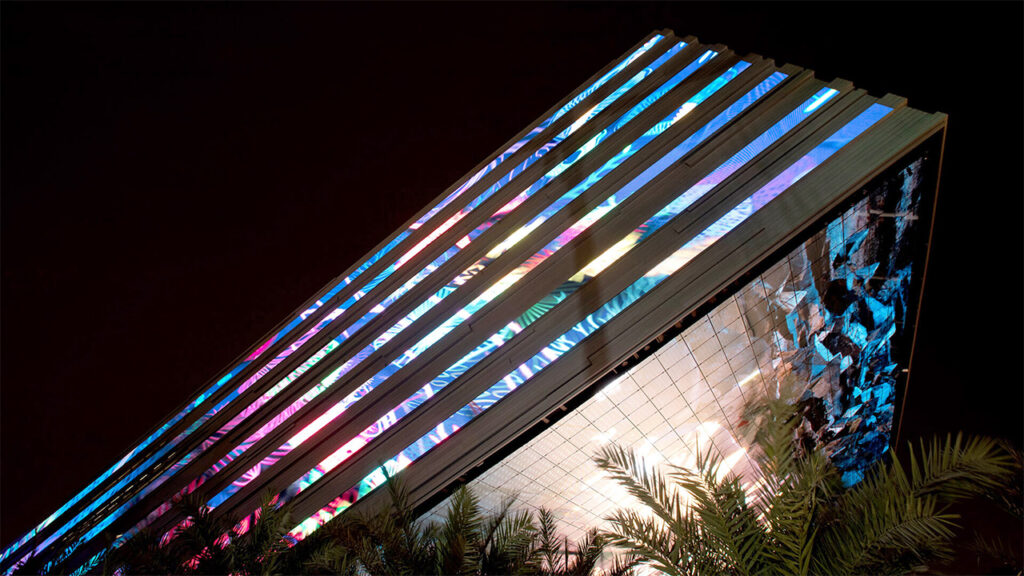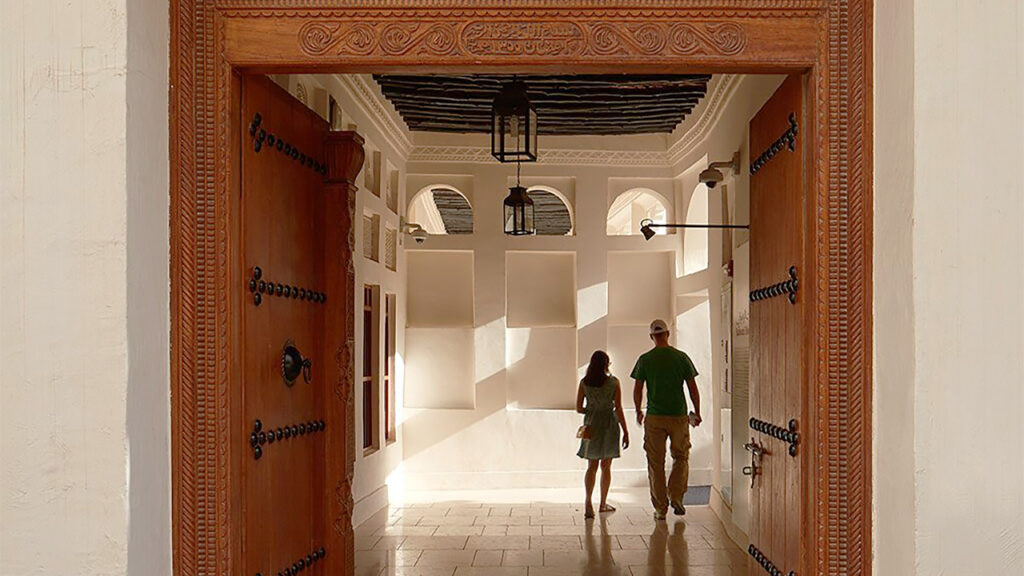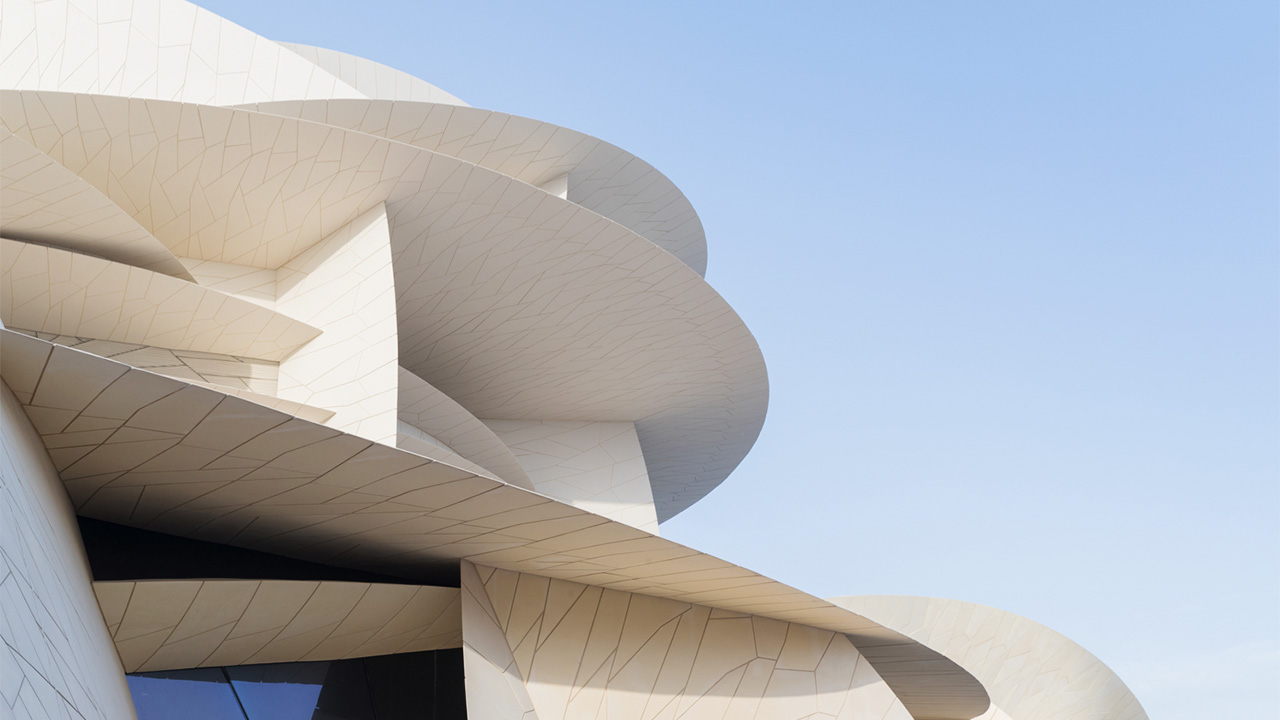This year, MCN 2021 Virtual, Museum Computer Network’s annual conference, features four international spotlights exploring the theme “What is digital now?” from the regional perspectives of Asia-Pacific, the Middle East and Africa, Europe, and Latin America.
As the conference’s media partner, Jing Culture & Commerce is spotlighting key learnings from these sessions on how cultural organizations across the globe are forging a digital future. Read more of our coverage here.
Session
“New Horizons: Reflecting On The Digital Cultural Landscape Of The Arabian Peninsula”
Panelists
Rachel Teskey, Director, Barker Langham
Ghaida Sawalha, Senior Consultant, Barker Langham
Christophe Buffet, Digital Media Senior Specialist, Qatar Museums
Key takeaways
As the Arabian Peninsula undergoes a period of transformative cultural change, the development of high-profile museums and major cultural events has drawn global headlines, though less attention has been paid to the new ways in which the region’s intangible heritage is being developed for the benefit of digitally savvy audiences.

The Saudi Arabia pavilion at Expo 2020 Dubai, designed by Boris Micka Associates, presents a multi-sensory journey through the Kingdom’s creative scene. Image: Expo 2020 Dubai
Expos deploy the technological capabilities of the present to suggest possible futures. The pandemic has delayed, not disrupted, popular interest in large-scale, immersive experiences, making Expo 2020 Dubai an intriguing window onto the future of culture-going activities. The pavilions of UAE and Saudi Arabia lean heavily into blending physical and digital elements from local scents that suddenly greet visitors to giant digital screens and large-scale projections cast on sand dunes, glass walls, and traditional architectures. “There is a heavy reliance on digital elements and it’s successful in presenting a narrative in a visual and simple way,” said Sawalha.
Expo Dubai, in addition to other high-profile projects such as Louvre Abu Dhabi and National Museum of Qatar, has created the sense in the West that cultural institutions are new to the region. Not so, said Teskey, pointing to the tradition of house museums and heritage festivals as long evidence of culture-going. One key distinction, she added, is the regional importance of oral histories, a practice of cultural preservation that lends itself less obviously to physical buildings, but is now being rigorously incorporated in cultural projects.

The Radwani House is one of four historic sites that’s part of Msheireb Museums, which explores “untold stories from Qatar’s socio-economic history.” Image: Msheireb Museums
Audiences in the Gulf region see museum visits as a primarily social experience, rather than an educational one, says Sawalha, which puts them in competition with amusement parks and shopping centers. When it comes to appealing to an audience with high digital literacy — and expectations — non-cultural destinations are equally capable of staging events showcasing the latest technologies. Instead of focusing on new technology, regional cultural institutions are looking at hybrid experiences based on storytelling.
Key quote
“The narrative is the key driver; it’s about asking what a can digital approach offer that other methods can’t. What makes cultural experiences different is a robust story.” — Ghaida Sawalha, Senior Consultant, Barker Langham



